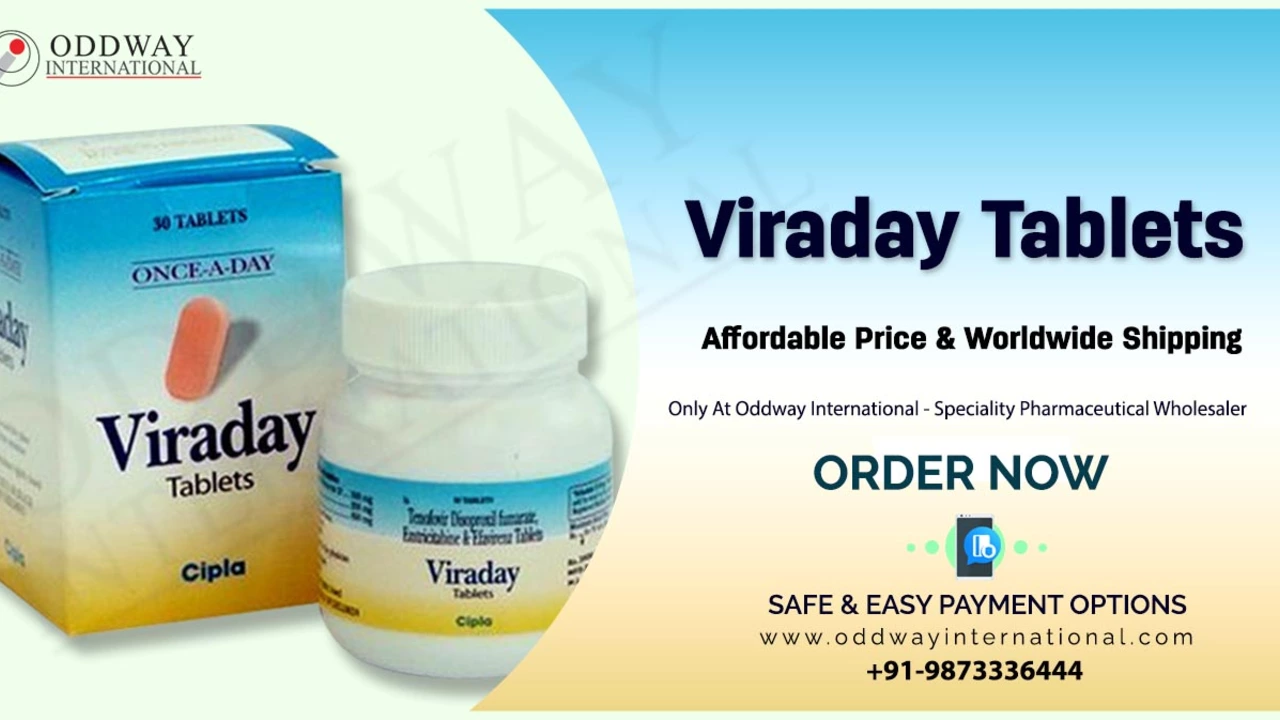Clinical trials: what they are and why they matter
Here’s a blunt fact: most experimental drugs never make it to market. Clinical trials are the reason we can tell which treatments actually help and which don’t. If you read about a drug, supplement, or online pharmacy claim, knowing the basics of clinical trials helps you separate real evidence from hype.
How clinical trials work — the basics
Trials usually run in phases. Phase 1 checks safety in a small group. Phase 2 looks for early signs of effectiveness and side effects. Phase 3 compares the drug to standard care in many people. Phase 4 watches long-term effects after approval. Randomized, double-blind trials are the strongest design because they reduce bias—participants don’t know which treatment they get, and neither do the doctors.
Key terms to watch for: control group (what the new treatment is compared against), placebo (a look-alike with no active drug), endpoint (the outcome the trial measures), and sample size (how many people were in the study). Small trials can be useful but often give shaky answers. Bigger, well-run trials give more reliable results.
How to judge trial results quickly
Look at who funded the study and whether it was registered before it started. Registered trials (on sites like ClinicalTrials.gov) are less likely to hide negative results. Check whether the results are peer-reviewed and whether the study reports absolute benefits, not just relative ones. For example: “reduced risk by 50%” sounds impressive until you see the absolute numbers and realize the benefit is small.
Watch for p-values and confidence intervals. A p-value tells you if a result is unlikely to be due to chance. Confidence intervals show the range where the true effect likely sits. Bigger samples tighten those intervals and give you more confidence.
Safety matters. Trials report side effects and serious adverse events. An independent data monitoring board (DSMB) or institutional review board (IRB) oversees many trials to protect participants. If a study glosses over harms or has short follow-up, be cautious.
Want to join a trial or just check one out? Search ClinicalTrials.gov, university hospital sites, or patient advocacy groups. Read the eligibility rules closely—age, health status, and previous treatments can all exclude you. And always ask the study team about risks, costs, and who pays for care if something goes wrong.
Finally, when you see product claims—be it a cheap online pharmacy, a new supplement, or a miracle treatment—look for solid trial evidence, not just testimonials. Small studies, company-funded trials without transparency, or missing registration are red flags. Ask: Was the trial large enough? Was it randomized? Is it published in a reputable journal?
Use this quick checklist before trusting a claim: registered trial, clear phase, randomized design, peer-reviewed publication, transparent funding, and thorough safety reporting. Those six things separate noise from real medicine.
In my latest deep dive into HIV research, I've been studying the crucial role of clinical trials, specifically focusing on the drug combination Efavirenz-Emtricitabine-Tenofovir. This combination is a powerful weapon in the fight against HIV, helping to halt the virus's replication within the body. Clinical trials have been instrumental in proving its effectiveness and safety, leading to its widespread use. These trials are an essential part of medical research, not only validating the efficacy of treatments but also ensuring their safety for patients. In the fight against HIV, they're the unsung heroes, continually pushing the boundaries of what's possible.
After reviewing numerous clinical trials and studies on Fluticasone Nasal, I have found that this medication is widely used for treating nasal symptoms related to allergies. These studies show that Fluticasone Nasal significantly reduces nasal congestion, sneezing, and runny nose with minimal side effects. Many patients reported an improvement in their quality of life after using this steroid nasal spray. Moreover, it has been proven to be more effective than other over-the-counter allergy treatments. Overall, Fluticasone Nasal appears to be a safe and effective option for managing seasonal and perennial allergic rhinitis.

